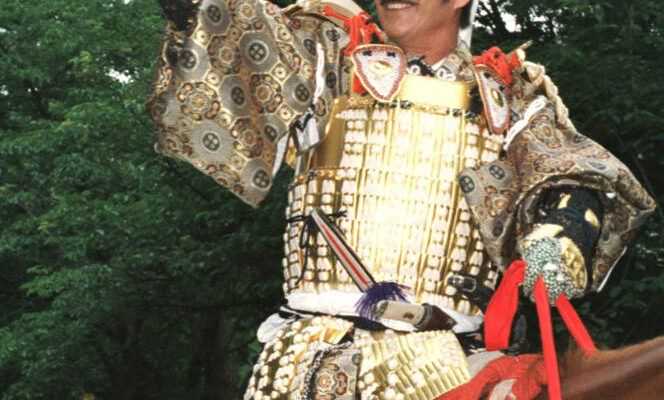A legend is dead. He was one of the great figures of popular Japanese cinema. A star who managed to mark with his brutal charisma, his presence the most anonymous productions in which he participated. The great martial artists are, like the great comic stars, the real authors of the films in which they star. Sonny Chiba is one of them. His style, however, was particular, unorthodox, modern and savage at the same time, a precise marker of his time as well as that which was his rival, the Hong Konger Bruce Lee. He just disappeared, on August 19, in Kimitsu, in Chiba prefecture, Japan, as a result of Covid-19.
The man, who has a series of films, becomes a star for amateurs, in Japan but also in the United States
Sadao Maeda – his name in the civil registry – was born on January 23, 1939 in Fukuoka. His father was a pilot in the army. His athletic talents were spotted from high school and then at the Nippon Sport Science University in Tokyo. A distinguished gymnast, he should have been part of the Japanese Olympic team, but he must give up all will to become a sportsman following an injury. He devoted himself to karate, under the guidance of a great master, Masutatsu Oyama, whom he would later play, as a tribute, in three films. He also began to practice other martial arts such as judo, ju-jitsu or kendo. He was spotted at the end of the 1950s by the talent hunters of the Toei studio. Renamed Shin’ichi Chiba, he debuts in television series Nana-iro kamen (Seven Color Mask), where he embodies a kind of superhero, and Ara no shisha. One of his first films for the cinema is, in 1961, Uchu Kaisokusen, by Koji Ohta (Invasion of the Neptune Men). He also plays the main role in a diptych inspired by the American film noir and signed Kinji Fukasaku, The Guy with the Funny Hat (Funky Hat no kaidanji). His career during the 1960s was that of a studio Stakhanovist with between six and ten films per year.
Incredibly brutal movies
Beginning of the 1970s. Kinji Fukasaku, in fact, spells the end of the fashion for chivalrous gangster films with his series Jingi naki tatakai (Combat without a code of honor). Hong Kong cinema then triumphed with a series of films in which the fights are now carried out with bare hands and where all shots are allowed. A star is needed in the genre, Bruce Lee, who will experience worldwide recognition. In 1974, the one who is now nicknamed Sonny Chiba will represent the Japanese response to Bruce Lee with a character without faith, mercenary henchman and thug, Takuma Tsurugi, in the trilogy. Satsujin ken (The Street Fighter), whose first title, directed by Shigehiro Osawa, was released in France, stuck between two Chinese kung fu productions, under the extravagant title ofGone with my nunchaku ! His character is particularly immoral and venal. The movies are incredibly brutal. In one of those in this series, a cutaway is inserted during a hand-to-hand fight. It shows the x-ray of a cracked skull under the fatal blows of the dubious hero played by Chiba. Never seen.
You have 28.4% of this article left to read. The rest is for subscribers only.
